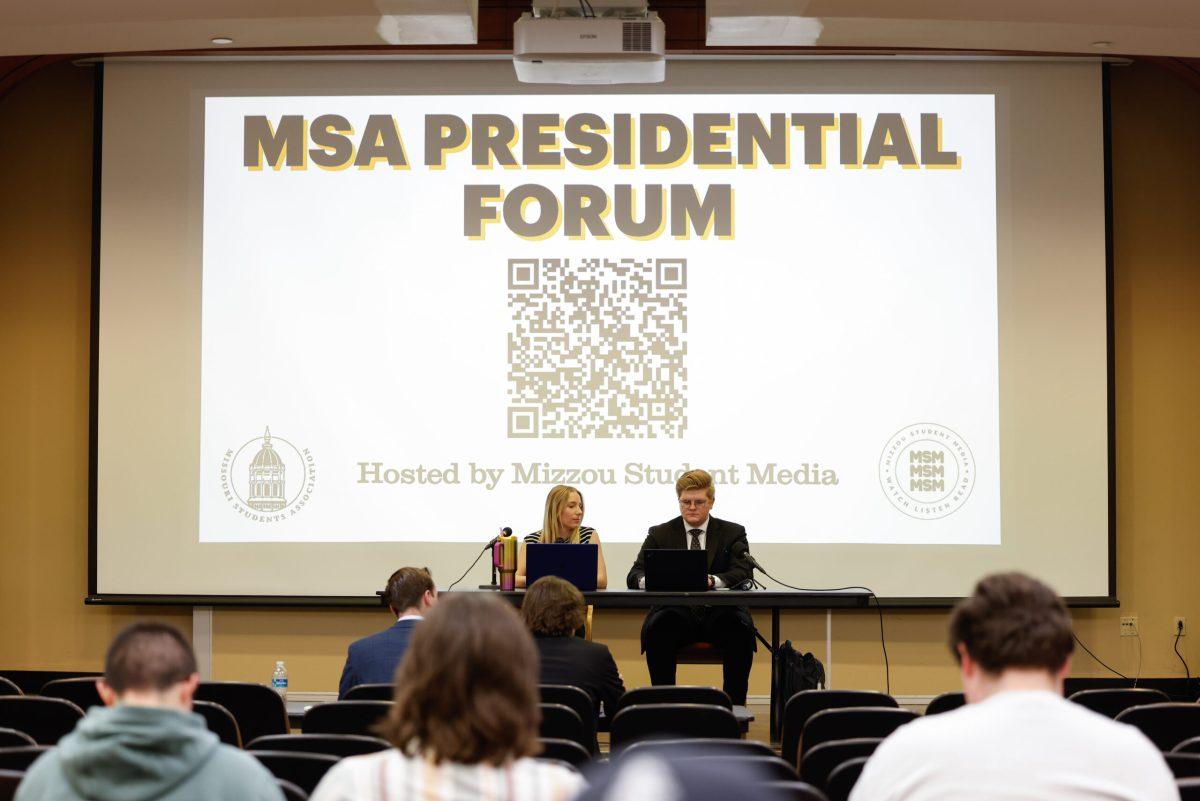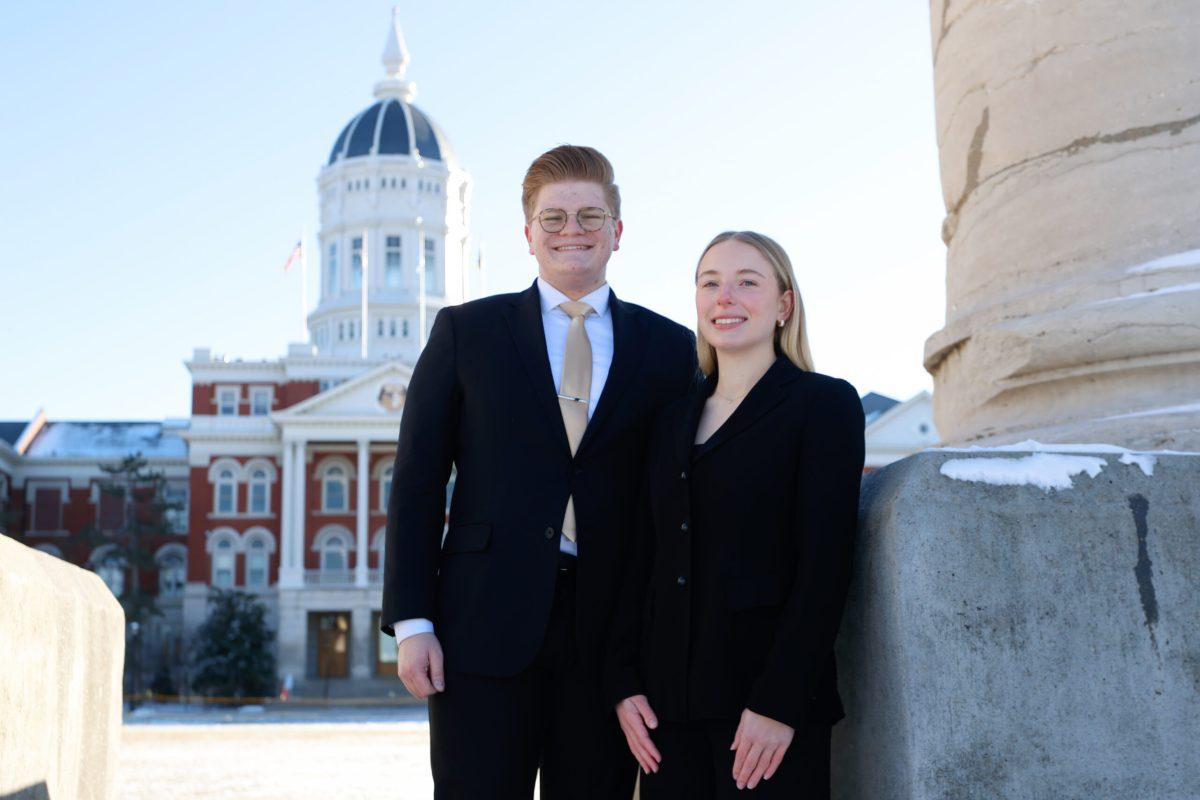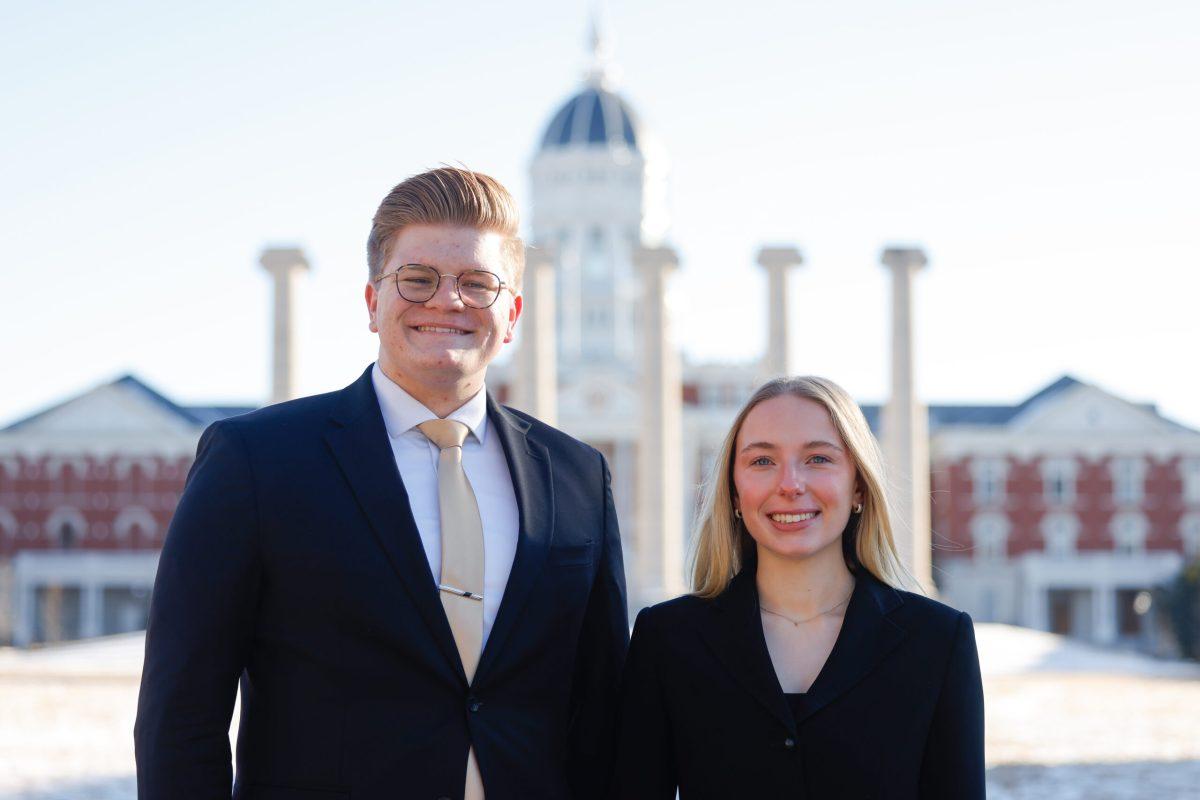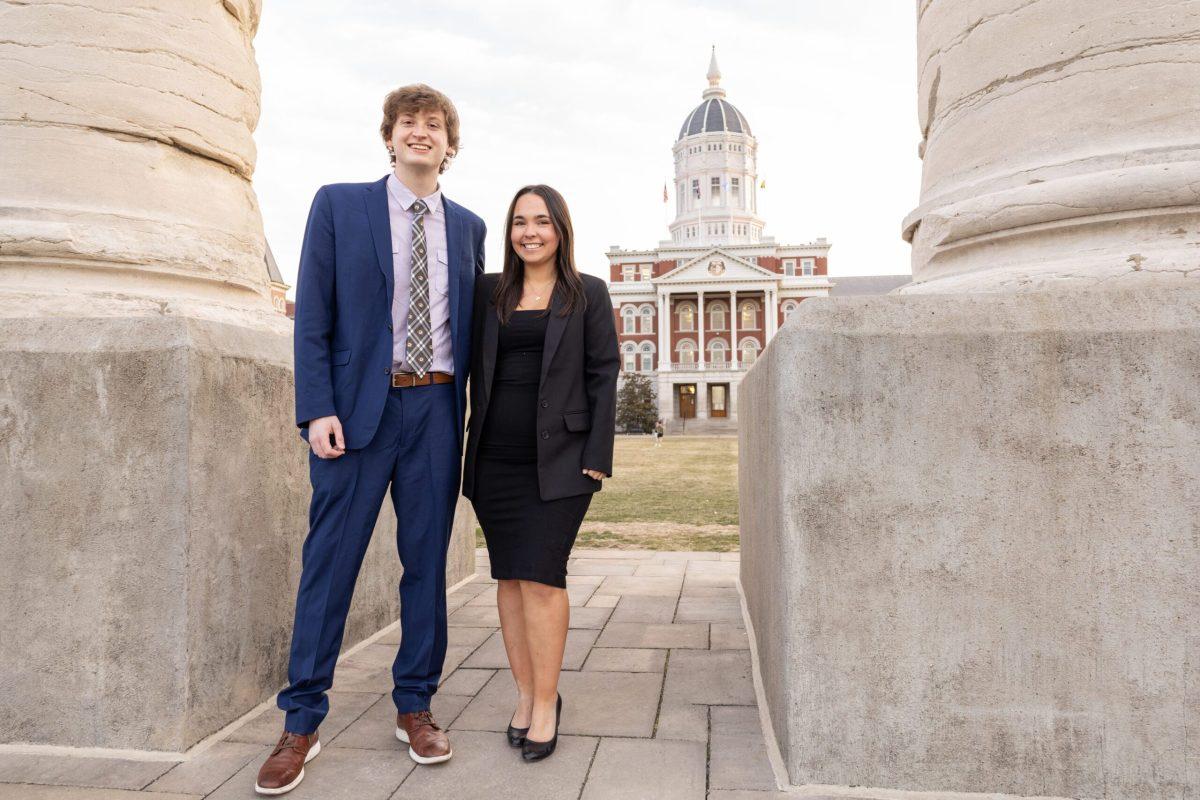The absence of a fall break at MU has left many students and faculty dreaming of fluffy stuffing, warm mashed potatoes and freshly baked rolls over Thanksgiving break. But for Native American and Indigenous students, Thanksgiving reminds them of the forceful displacement of their people.
American perceptions of Thanksgiving usually include pilgrims and Native Americans breaking bread, which overlooks the tensions between the groups. Four Directions President Ryder Jiron attributes this misconception to a white-washed historical narrative that removes Indigenous perspectives.
“It’s kind of erasing this forceful land displacement, rape, murder, every terrible thing you could possibly think of, just violence committed against Indigenous people,” Jiron said.
After many problematic U.S. policies and military attacks against natives, such as the Dawes Act and the Wounded Knee Massacre, the government has made strides to honor Native American heritage after it once forced Indigenous peoples to assimilate to American culture. Of these initiatives, George H. W. Bush approved a joint resolution which designated November as Native American Heritage Month.
Although Ryder supports the idea of a month dedicated to native heritage, he says the resolution further signifies white people overshadowing natives.
“It’s this big dichotomy because on one hand, you have this month meant to celebrate indigenous peoples, and the U.S. and our cultures, but at the same time there’s still this pushing of a narrative that erases and excludes native voices from that and kind of glorifying the colonization a little bit too,” Jiron said.
The association between Thanksgiving and Native Americans has led to activities in schools walking the line of cultural appropriation. Jiron says kids dressing up as Native Americans with headdresses and feathers is problematic.
“It’s that idea of not knowing that cultural sensitivity or cultural background and knowing that dressing up like an Indian kind of dehumanizes Indigenous peoples, and that it’s just not culturally sensitive as well,” Jiron said. “Whenever people think of Indigenous peoples they think of headdresses, feathers, stuff like that which a lot of different tribes do have these in their cultural clothing, but it’s not the end all be all.”
To combat this omission of the Indian perspective in Thanksgiving celebrations, natives participate in the National Day of Mourning to remember the genocide and suffering of their peoples. The National Day of Mourning is celebrated primarily by tribes in New England who were directly affected by early settlers.
At MU, Four Directions raises awareness for Native American and Indigenous people’s culture throughout the year by hosting events to increase cultural sensitivity. And although November is nearing its end, there will be more Native American Heritage Month activities following Thanksgiving break.
_Edited by Ben Scott | [email protected]_













